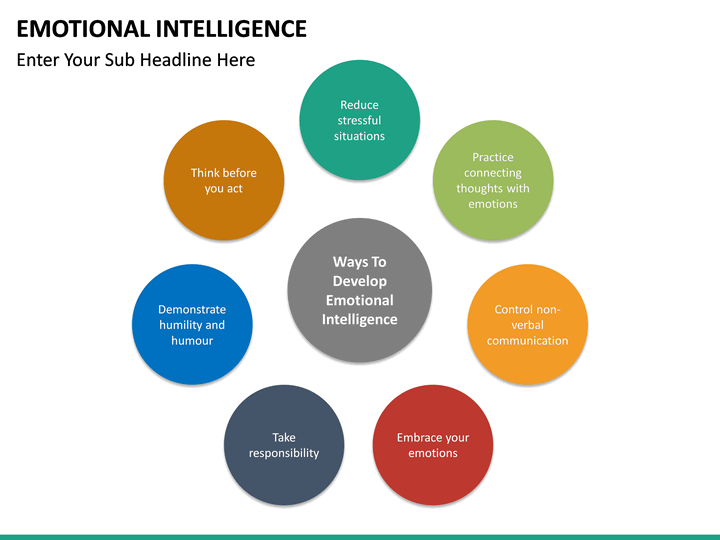
In addition to these 10 primary clinical scales, the MMPI-2 also contains three sub-scales to detect lying, defensiveness, and inconsistent responses. The scale features 567 true–false statements, which assess 10 clinical sub-scales (Butcher, Dahlstrom, Graham, Tellegen, & Kaemmer, 1989): Minnesota Multiphasic Personality Inventory (MMPI-2)įirst published in 1989, the MMPI-2 is the world’s most widely used psychometric test for measuring mental health ailments that feature as forms of psychopathology (Rogers, Robinson, & Jackson, 2016). To begin, here are three examples of mental health tests commonly used among mental health practitioners. Examples of such approaches include interviews, observations, and recording physiological functions (Goldstein, Allen, & DeLuca, 2019).

While tests are typically thought of as pen-and-paper or computer-based tools for considering differences between people, the term ‘assessment’ acknowledges the wide variety of other approaches a psychologist may use to evaluate these differences. In recent years, scientists have begun making distinctions between psychological tests versus assessments. “a systematic procedure for comparing the behavior of two or more persons.” Whether it’s a pop psychology quiz online or a validated assessment by a therapist, psychological assessments share one thing in common. What Are Psychological Assessments? 3 Examples Crafting Assessments in Quenza: 3 Templates.Using Online Tools for Psychology Assessments.13 Questions and Worksheets to Assess Clients.3 Reliable Psychological Tests & Assessments.What Are Psychological Assessments? 3 Examples.These science-based exercises explore fundamental aspects of positive psychology, including strengths, values, and self-compassion, and will give you the tools to enhance the wellbeing of your clients, students, or employees. We’ll also walk through some ways you can automate and simplify the administration of these assessments.īefore you continue, we thought you might like to download our three Positive Psychology Exercises for free. In this article, we’ll explore some of the most commonly used and reliable mental health assessments, as well as their applications at different stages of the therapeutic process.

Therefore, it’s worth taking a little time to explore their variations and how to use them most effectively. Psychologists and therapists depend on these tools to make decisions about the best course of treatment for clients seeking support for their mental health.

Typically, these assessments invite clients to respond to questions about their mental state and subjective experiences. Assessment tools remain a cornerstone of many professions centering around the human mind.


 0 kommentar(er)
0 kommentar(er)
